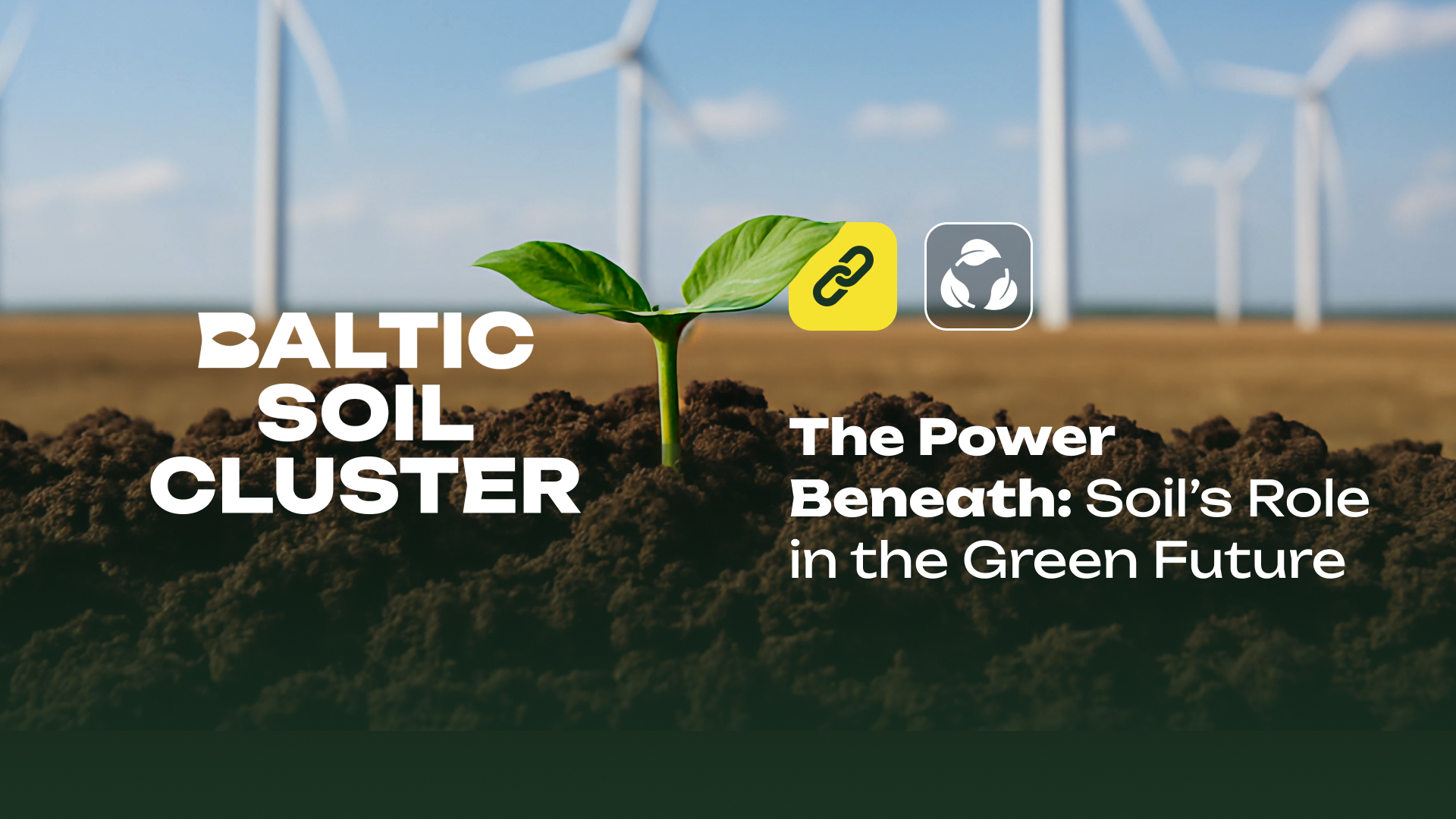
When we think about Europe’s green transition, we often picture renewable energy, electric cars, or smart grids. But there’s another, quieter revolution taking place — one that begins not in factories or boardrooms, but in the soil beneath our feet.
Baltic Soil Cluster is part of that movement. Based in the Baltic region, the cluster unites companies and experts who are proving that soil innovation is just as critical to Europe’s sustainability goals as wind turbines or solar panels.
It may sound surprising, but the way we manage soil directly affects Europe’s carbon balance and energy strategy.
By improving how we use and replace peat in horticulture, companies like Baltic Soil Cluster are not only reducing emissions but also contributing to Europe’s energy independence — helping the continent rely less on industrial fertilizers, imports, and non-renewable resources.
Europe’s horticultural and agricultural sectors are undergoing a transformation. Regulations, consumer expectations, and climate goals are pushing for:
This is where the Baltic region plays a strategic role. With its expertise in peat, wood fiber, and bio-based innovation, the Baltics are quietly becoming Europe’s laboratory for sustainable growing media.
At its core, Baltic Soil Cluster is building bridges between research, production, and real-world application.
This combination of local knowledge and global mindset makes the cluster a model for how Europe can build sustainable value chains — from soil to supermarket shelf.
Soil is often seen as a background player in the green transition. But it’s actually a core infrastructure of the future:
Without sustainable soil systems, even the most ambitious climate policies fall short.
That’s why the work being done by organizations like Baltic Soil Cluster deserves more visibility — it’s not just about agriculture, it’s about resilience, independence, and long-term sustainability for Europe as a whole.
The green transition doesn’t start in power plants — it starts in the ground.
And if we want a cleaner, more self-sufficient Europe, we need to treat soil innovation as seriously as we do energy innovation.
Baltic Soil Cluster is leading by example: proving that sustainability can grow from the ground up — and that the smallest roots can drive the biggest change.
💡 Final Thought
The next time you hear the words “green transition,” think beyond wind and solar. Think about soil — and the quiet revolution happening in the Baltics.
Edita Grigaliauskienė
Cluster Coordinator
+370 686 14401
edita.grigaliauskiene@sccic.lt
Aistė Čepaitienė
Cluster Coordinator
+370 61609730
aiste.cepaitiene@sccic.lt

Co-funded by the European Union
© 2025 by Baltic Soil | All Rights Reserved